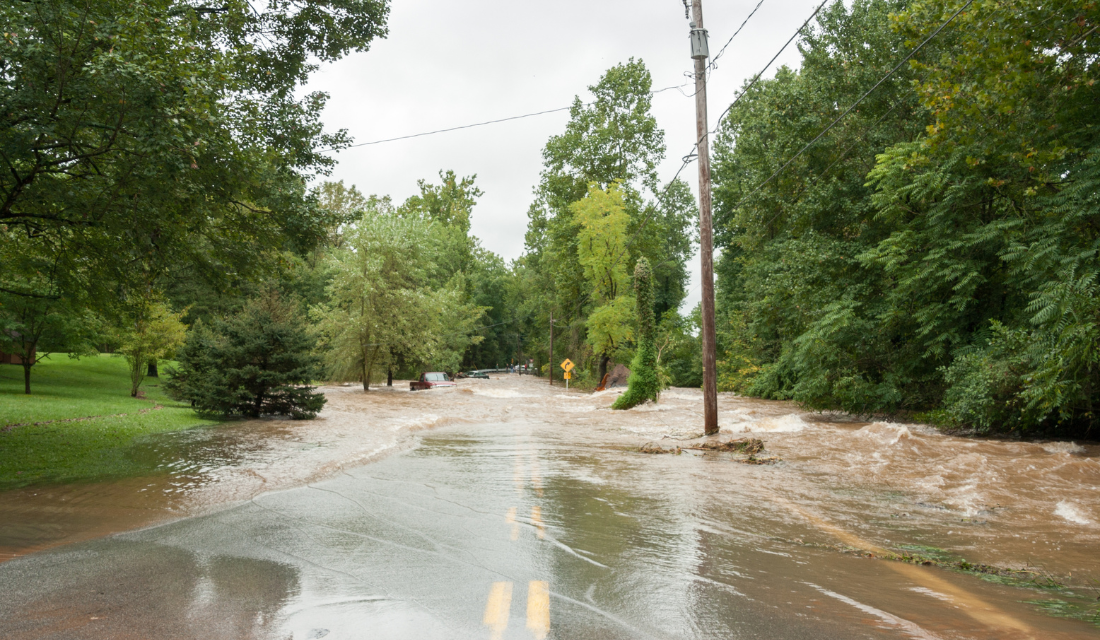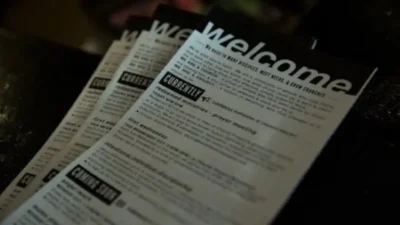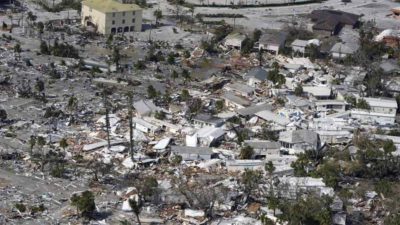[October 2, 2024] Hurricane Helene was a deadly Category 4 storm. It caused widespread damage throughout the southern United States. Episcopal Relief & Development supports survivors by working with local church leaders.
- In partnership with the Episcopal Diocese of Florida, Episcopal Relief & Development is providing gift cards to impacted families in the Apalachee and Santa Fe regions of Florida.
- With the Episcopal Diocese of Southwest Florida, Episcopal Relief & Development is providing gift cards and household items to families in places including St. Petersburg, Tampa, Bradenton, Sarasota and Venice.
- Farther north, in partnership with the Episcopal Diocese of Georgia, Episcopal Relief & Development is providing gift cards and distributing water, food, clothing and fuel to families in need in the cities of Valdosta, Vidalia, Louisville, Augusta and the surrounding areas.
These partnerships help during the critical first week after impact. This is before additional support becomes available. Also, it is before longer term needs can begin, such as:
- Debris removal
- Temporary housing
- Mental health support
- Other services
Additional support in hurricane recovery
“Our emergency responses are great examples of doing what we can to help people where they currently are,” said Katie Mears, Senior Technical Specialist, Disaster Risk and Resilience, Episcopal Relief & Development. “As the stages of this disaster progress, people’s needs will change and we are prepared to accommodate them.”
Episcopal Relief & Development also continues to support church and community leaders throughout North Carolina, Tennessee and South Carolina. This is as they assess the impact and determine immediate needs.
Hurricane Helene created life-threatening conditions throughout the South. At least 160 people were killed. Mudslides, tornadoes, and flooding destroyed homes and other structures. In some areas, there are significant communication issues due to a lack of cell service and power outages. Downed trees and other road blockages prevent supplies from reaching the communities in need. Additional health concerns include a scarcity of potable water.
Please pray for the people affected by Hurricane Helene. Consider donating to the Hurricane Relief Fund to support their recovery.
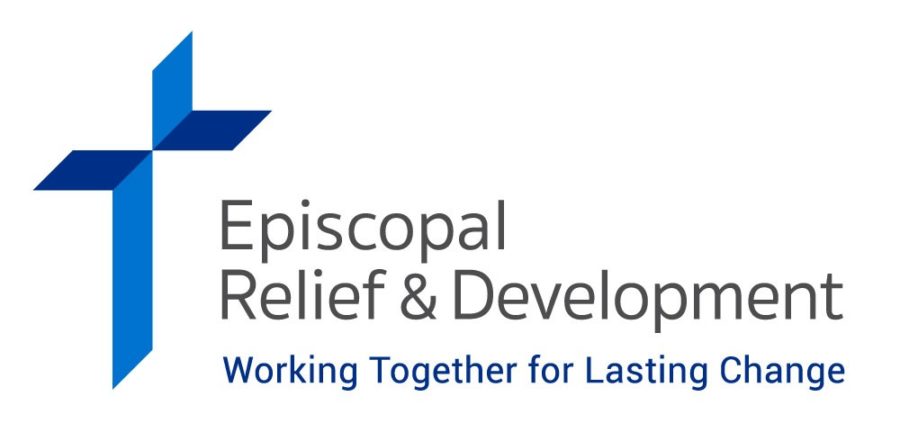
Episcopal Relief & Development
For over 80 years, Episcopal Relief & Development has worked with an extensive network of faith-based and secular partners. They advance lasting change in communities affected by injustice, poverty, disaster and climate change.
Inspired by faith. Grounded in expertise. They reach over three million people annually. Episcopal Relief & Development achieves impact through an approach that is:
- Purpose-driven
- Compassionate
- Respectful of the dignity of all human beings
Episcopal Relief & Development collaborates and shares learning with local faith-leaders and organizations with deep community ties. They strengthen each partner’s capacity to do the following:
- Operate within highly challenging contexts
- Provide effective responses and care amidst disaster, crisis and growing instability
Together, we’re making a lasting change in four interconnected global priority areas:
- Early Childhood Development: equipping parents and caregivers so young children can reach their full potential.
- Women and Girls: forging partnerships to reduce gender-based violence and advance equality.
- Climate Resilience: investing in communities to strengthen resilience to climate change.
- Disaster Response: providing emergency relief and long-term support in disasters.
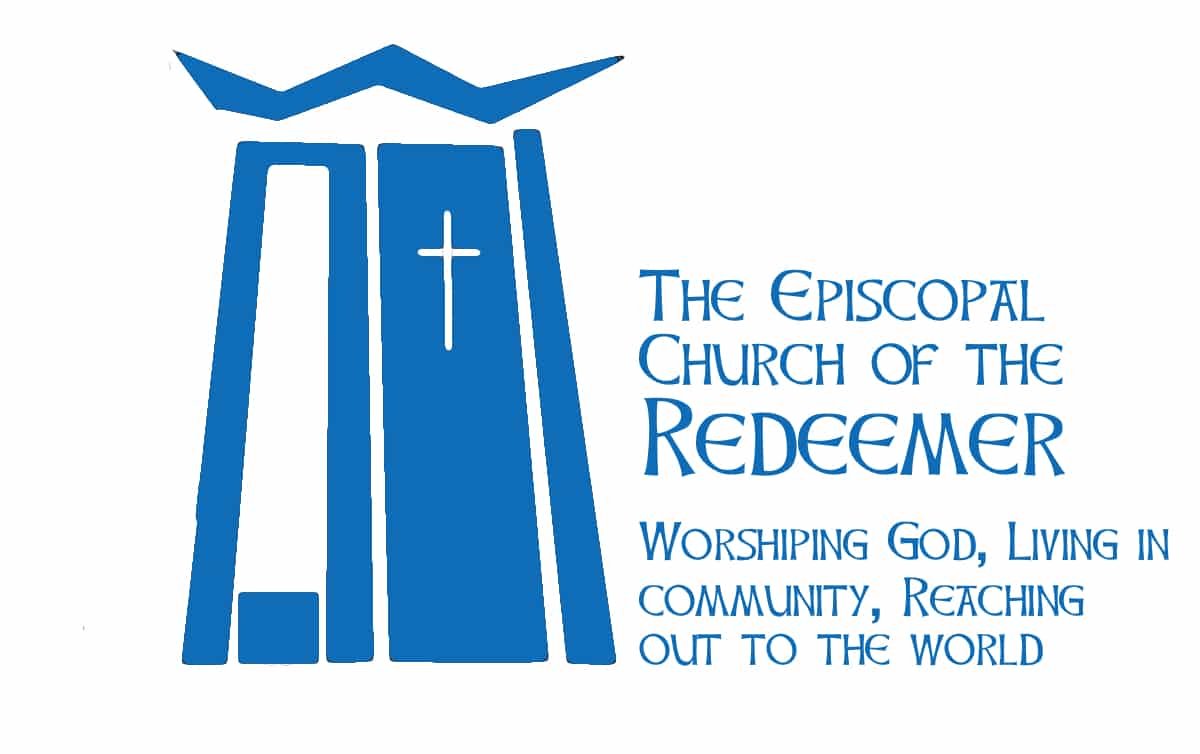
Church of the Redeemer
Church of the Redeemer: Worshiping God, living in community, and reaching out to the world around us. We are an Episcopal Church serving north King County and south Snohomish County, Washington. As you travel your road, go with friends walking the way of Jesus at Redeemer.
Church of the Redeemer is at 6210 Northeast 181st Street in Kenmore, Washington. The campus is a short distance north of Bothell Way, near the Burke-Gilman Trail. The entrance looks like a gravel driveway. The campus is larger on the inside than it is on the outside. And we managed to hide a large building on the side of a hill that is not easily seen from the street.
The Episcopal Church welcomes you.

